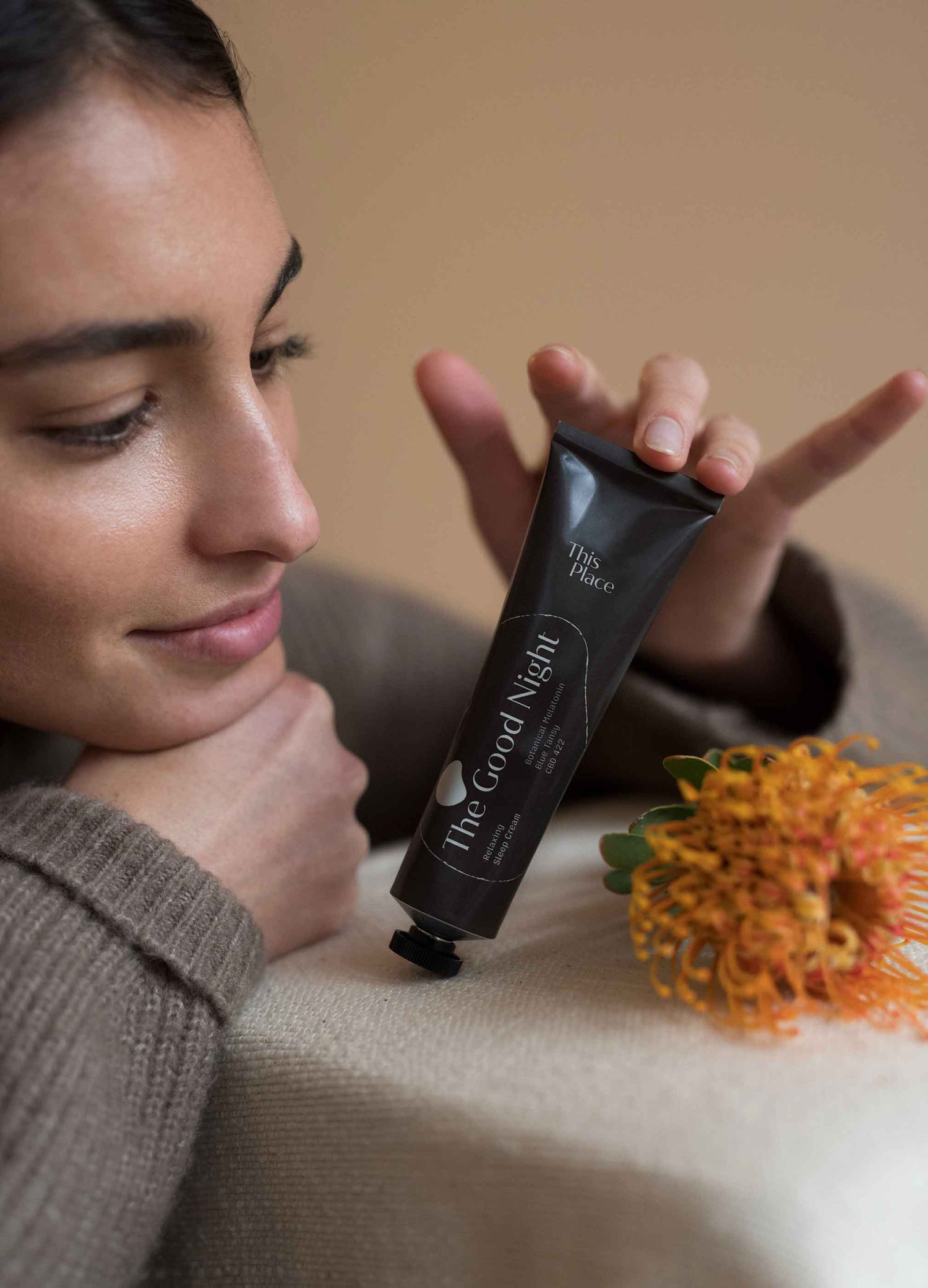We all know from our own experience about the importance of getting enough sleep. It not only makes us feel healthier and more alert [1], but if we don’t get enough of it, our mood tends to suffer more than our cognitive and motor performance [2].
The only thing that seems to remain unclear is what that little qualifier ‘enough’ actually means. While 7-8 hours of sleep per night is the general rule of thumb for adults, it can vary greatly from person to person — which is reason enough to examine our own individual sleep needs .
How many hours should we sleep per night?
The answer to what is the correct length of sleep cannot be answered broadly because the need for sleep changes significantly in the course of life. Yet esteemed sleep research institutions like the United States’ National Sleep Foundation can at least direct us toward an appropriate recommendation.
The Sleep Foundation’s panel of experts recommended 7-9 hours for young adults and adults, and 7-8 hours of sleep for older adults. Children need significantly more sleep for development, which is why the experts determined that the appropriate sleep duration for newborns is between 14-17 hours for newborns, 12-15 hours for infants, 11-14 hours for toddlers, 10-13 for preschoolers, 9-11 hours for school-aged children and 8-10 hours for teenagers [3].
The notion that we tend to need less and less sleep over the course of our lives can therefore be said with a fairly high degree of certainty. Nevertheless, these data are only averages for healthy individuals and they don’t necessarily account for individual circumstances. The panel also admitted that these data only represent guidelines and that sleep durations outside of these ranges, for example 6 or 11 hours of sleep a night, might be appropriate too. But how does such a wide variation like that come about?
The answer may lie in our genes. Researchers identified a mutation in a particular DNA-binding protein that’s associated with mammals who naturally sleep less [4]. While this research is still in its infancy, it could provide a model for thinking about how individual human sleep requirements are determined.
Is it possible for us to sleep too much?
If we’re being honest, it’s probably more common that we sleep too little than too much. Yet that hasn’t deterred experts from putting an upper limit on the recommended sleep range. Getting more sleep than average can have just as much of a negative effect as not getting enough sleep. In other words, there seems to be a U-shaped association between sleep duration and health risks.
Studies suggest that there might be a tendency towards decreased cognitive functions [5] as well as chronic depression and anxiety disorders [6] and increased the risk of weight and body fat gain [7] among both those who sleep too little and those who sleep too much.
A large-scale Spanish study also concluded that prolonged sleep duration might be associated with a higher risk of developing dementia [8]. Sleeping too much might also be associated with increased levels of C-reactive protein (CRP), a sign of low-grade inflammation [9] [10].
This association, however, presents researchers with the classic chicken-and-egg problem: It could be that it’s not the increased need for sleep that favours these conditions, but rather the conditions themselves that are responsible for our bodies needing more rest.
Another hypothesis that’s being considered is that sleeping in late can lead to feeling lethargic and irritable [11] and that the longer we stay in bed, the more our sleep efficiency might decrease [12].
How do we figure out how much sleep we need?
Paying attention to getting enough sleep is perhaps one of the most beneficial forms of self-love we can give ourselves. Exactly what this looks like, however, is entirely up to each of us to figure out. Keeping a sleep diary or sleep journal can help with precisely that.
Here’s where we enter how many hours we sleep each night, as well as what time we go to bed and what time we wake up. We can ask ourselves: How did I feel afterwards? When was it the easiest to get out of bed? Also keep in mind that our body might have to get settled and catch up on sleep we had been missing.
An evening bedtime ritual and a cozy setting can also have a positive effect on our sleep. In addition to pleasantly cool temperatures in the bedroom and hot drinks, activating our sense of smell can make our slumber even softer as we drift off to dreamland. Feel free to pamper yourself with, for example, The Good Night cream, formulated with soothing Palo Santo aromas along with hemp extract and natural melatonin.
Once we’ve found the length of sleep that’s best for us, we can try to adapt our nightly routine to accommodate it as much as possible. And even if we don't always get an ideal amount of sleep, we can still support our body and mind with a power nap.
Sources:
[1] The Extraordinary Importance of Sleep https://www.ncbi.nlm.nih.gov/pmc/articles/PMC6281147/
[2] Effects of sleep deprivation on performance: a meta-analysis https: // pubmed. ncbi.nlm.nih.gov/8776790/
[3] National Sleep Foundation's sleep time duration recommendations: methodology and results summary https://pubmed.ncbi.nlm.nih.gov/29073412/
[4] The transcriptional repressor DEC2 regulates sleep length in mammals https://pubmed.ncbi.nlm.nih.gov/19679812/
[5] Self-reported sleep duration and cognitive functioning in a general population https://www.researchgate.net/publication/26791423_Self-reported_sleep_duration_and_cognitive_functioning_in_a_general_population
[6] Sleep duration, but not insomnia, predicts the 2-year course of depressive and anxiety disorders https://pubmed.ncbi.nlm.nih.gov/24345733/
[7] The Association Between Sleep Duration and Weight Gain in Adults: A 6-Year Prospective Study from the Quebec Family Study https://www.ncbi.nlm.nih.gov/pmc/articles/PMC22797 44 /
[8] Total daily sleep duration and the risk of dementia: a prospective population-based study https://pubmed.ncbi.nlm.nih.gov/19473367/
[9] Extreme Sleep Durations and Increased C-Reactive Protein: Effects of Sex and Ethnoracial Group http://www.michaelgrandner.com/files/papers/grandnerbuxton2013.pdf
[10] Sleep Duration and Biomarkers of Inflammation https://www.ncbi.nlm.nih.gov/pmc/articles/ PMC2635584 /
[11] A Syndrome Associated with Sleeping Late https://journals.lww.com/psychosomaticmedicine/Citation/1969/11000/A_Syndrome_Associated_with_Sleeping_Late.6.aspx
[12] The effects of acute sleep restriction and extension on sleep efficiency https: //pubmed.ncbi.nlm.nih.gov/3243670/

